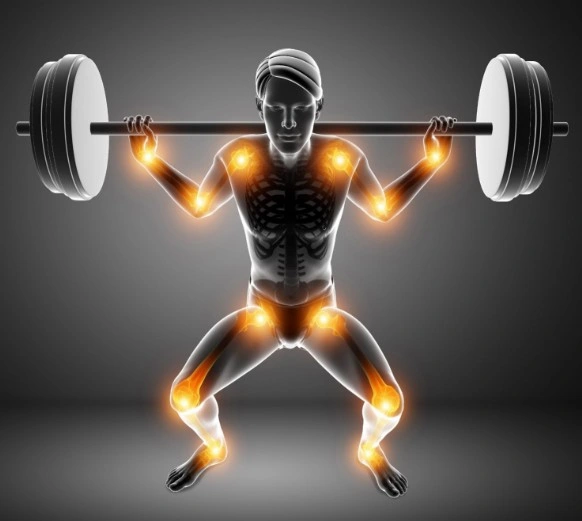Christine's Blog
Acupuncture treatments can often complement existing medical ones and often prove effective without the side effects that can accompany conventional therapies. In my blog below I highlight some the conditions where such treatments are often beneficial along with available references so that you can read about them yourself.
Migraine
Migraine is a Western diagnosis for a complex and incapacitating headache disorder that very often runs in families. It’s characterised by recurring moderate to severe headaches that can be accompanied by various associated symptoms such as particular sensitivity to light/sound, nausea and vomiting.
NICE guidance states that migraine attacks typically last between 4 to 72 hours in adults and 1 to 72 hours in young people aged 12 to 17. They can have a really detrimental impact on a person’s health and wellbeing that affects their home and work or school life. Drug treatments are often used as a preventative measure and for pain relief from acute migraine attacks.
Did you know?
According to the Migraine Trust, migraine is the third most common disease in the world, with 1 in 7 people experiencing various kinds of migraine headaches. This means over 8 million people in the UK are affected, which makes migraine more common than asthma, diabetes and epilepsy combined – and it affects three times more women than men.
Acupuncture for migraine treatment
In China, acupuncture has been used for many centuries to treat all types of headache. However, in recent decades many people in Western countries have become more aware of acupuncture as a helpful treatment for migraine and its popularity has increased.
The British Acupuncture Council view
Migraines are often thought to be caused by emotional strain, stress, hormonal imbalances, and lack of food and/or sleep, or by a reaction to some foods or medications.
Research has shown that traditional acupuncture can be very beneficial in the treatment of migraines as it tends to lessen the frequency and severity of attacks. NICE (National Institute for Health and Care Excellence) recommends acupuncture for headaches and migraines.
Migraines can manifest in very different ways and a fully qualified acupuncture practitioner will want to know among other things exactly where the pain is located, what the nature of the pain is and whether the patient has any accompanying symptoms. An individual diagnosis and treatment plan is then tailored to the patient based on this information and on their general health history.
Have a look at the British Acupuncture Council research fact sheet on migraine for more information.
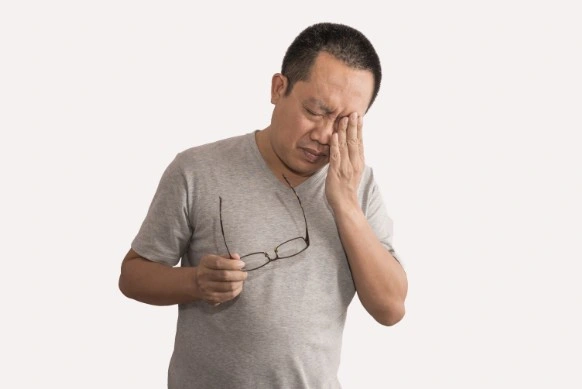
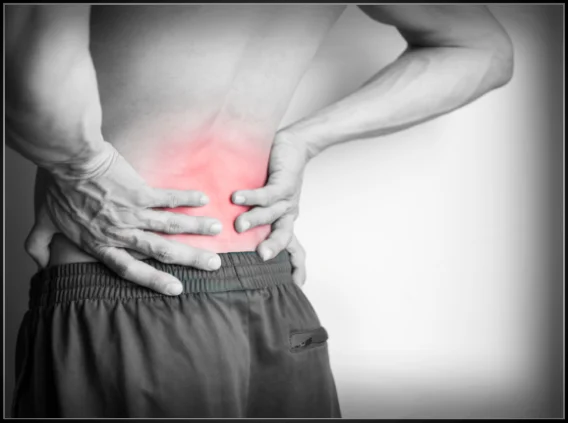
Back pain - an extremely common problem
In any two week period, 25 – 33% of all adults get some form of back pain. In fact, backache is second only to headache as the most common source of pain.
It affects over a million people in the UK, with 95% of them experiencing problems affecting their lower back. This is because the lower back bears the weight of the upper body and also twists and bends more than the upper back. Most back pain resolves itself within a month to six weeks, but unfortunately for some people it goes on to become a long-term problem.
According to a recent report in the Times, Office for National Statistics figures show that the number of people unfit for work due to back or neck pain has risen by 62,000 (31%) since 2019, with the biggest year-on-year increase between 2021 and 2022.
Acupuncture can help back pain by:
- Providing pain relief
- Reducing inflammation
- Improving muscle stiffness and joint mobility
- For some people, reducing the need to use medication for back complaints
- Improving the outcome when added to conventional treatments such as rehabilitation exercises and physical therapies like physiotherapy and osteopath.
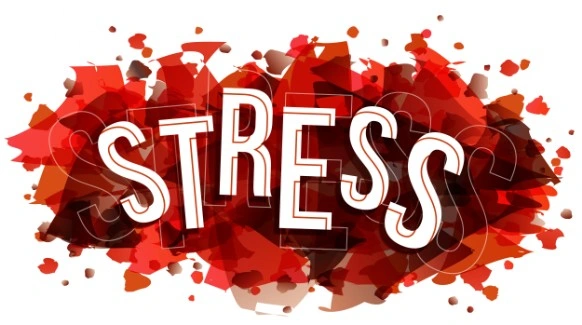
Managing stress with Acupuncture
What is stress?
It’s how the brain and body respond to the demands placed on them. An actual or perceived threat to someone is known as the ‘stressor’ and their response to it is called the ‘stress response’. Some stress is normal and generates the motivation we need to lead productive lives, but each of us has a limit beyond which we can cope.
Causes of stress
There are many life events that people may experience as stressful, like regular travel disruption – late into work and/or back home; the loss of someone or something important to them; illness or injury; sudden change of life-style, or loss of identity; change of job or accommodation; changes at work; financial worries; family.
Stress responses
Everyone has their own way of responding to stress. Some people experience physical signs such as muscle tension, headaches and difficulty sleeping. Others may have more emotional reactions such as outbursts of crying or anger.
If someone thinks a situation is stressful it triggers their body’s ‘fight or flight’ reaction, causing the release of adrenalin, a natural body chemical. This starts the first stage of the stress response.
Depending on the nature, intensity and duration of stressors encountered, combined with their ability to cope with them, a person may experience one, two or all of the following stages:
Stage 1 – mobilisation of energy
All bodily activity is increased in response to a stressor that is experienced as frightening. It starts the body’s ‘fight or flight’ reaction, causing the release of adrenalin. This is called primary stress.
It can also be the result of situations where someone chooses to put themselves under stress – for example taking an exam, or going for a job interview. This is called secondary stress.
Physical symptoms include increased heart rate and blood pressure; rapid breathing; sweating; decreased digestion rate, creating ‘butterflies’ and indigestion.
Stage 2 – exhaustion or consuming energy
If there is no escape from the first stage, for example when a person’s stressors are severe and prolonged, the body will start to release stored sugars and fats, using up its resources.
Symptoms may include feeling driven or pressured; tiredness and fatigue - often accompanied by loss of appetite or increased comfort eating and/or an increase in smoking, coffee drinking and/or consumption of alcohol or other drugs; anxiety; memory loss; acute illnesses such as colds and flu; loss of libido.
A 2015 British Acupuncture Council study of 5,000 UK resident adults showed that over half of those surveyed felt more stressed currently than ten years previously and that they turned to junk food and alcohol to try and feel better. A third admitted to comfort eating when stressed, a quarter divulged drinking alcohol and as a result 1 in 5 of them admitted that they put on weight.
Stage 3 – draining energy stores
If the stressful situation remains unresolved, the person may become chronically stressed. Their body’s need for energy resources exceeds its ability to produce them and over time, they may develop symptoms of poor physical and mental health. These might include hypertension (high blood pressure); heart disease; digestive disorders such as ulcers and IBS; diabetes; mental illnesses like depression or anxiety; chronic insomnia.
How acupuncture may help to reduce the effects of stress
Acupuncture gently and safely reduces muscle tension, calms the emotions and promotes relaxation. This can encourage better sleep, mood and energy, stimulating improvements in health and wellbeing.
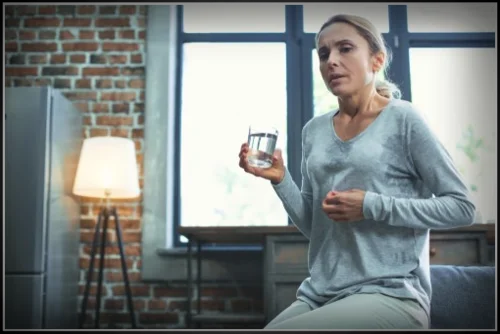
The menopause process - how acupuncture may help to relieve symptoms
As a natural transition from one life stage to another
Perimenopause is the first phase in a natural life process where a woman’s ovaries gradually make less oestrogen and she becomes less fertile. Her body then makes its transition over a few months or years to the menopause, when her menstrual cycle and natural reproductive ability end. This generally happens between her mid-forties to mid-fifties, although about 1% of women experience premature menopause before the age of forty. After a year without periods a woman is regarded as postmenopausal.
Sudden Menopause
The menopause can also be brought on suddenly by an underlying medical condition like Addison’s disease, or by certain medical treatments. These include surgery to remove the ovaries, some breast cancer treatments, chemotherapy or radiotherapy.
Common symptoms
Given the hormonal changes that take place, most women experience some symptoms - very common examples being hot flushes, day/night sweats, sleep problems and mood changes. See NHS website for more details.
For some women these are mild and manageable, whilst others may experience physical and emotional symptoms severe enough to reduce their quality of life. Women who have gone into sudden menopause may well be more severely affected.Traditional acupuncture can help with symptoms
Traditional Chinese Medicine is a holistic therapeutic system used for thousands of years as an effective natural means of dealing with gynaecological issues, including those arising from the menopause process. It views problematic physical and emotional symptoms as signs that a woman’s body is out of balance.Acupuncture follows a thorough diagnostic process to understand the nature of the imbalance. Acupuncture points are then selected carefully as part of an individualised treatment plan to correct it, helping to relieve symptoms and promote improvements to health and wellbeing. An acupuncture session may also include discussion about nutrition and lifestyle, where making some changes may be helpful in keeping symptoms at bay.
Acupuncture for help with digestive problems
In addition to providing us with our daily nutritional needs to keep healthy and strong, eating should be an enjoyable experience. Our amazing digestive system is designed to transport and process the wide variety of foods and drinks we consume each day to fulfil these needs.
In contrast to modern eating habits, the ancient Chinese approach to eating was for people to reduce the desire for food, lighten the taste, refrain from overeating, lower the number of times they ate each day, and only serve meat to the elderly. This is because they believed that many diseases were caused by eating too frequently, omnivorously, and excessively.
Food for thought perhaps. The digestive system may become upset by eating and drinking too quickly; eating rich, spicy dishes or too much fast food; or by consuming heavy meals, alcohol and caffeinated drinks late at night. Some people have a sensitivity or intolerance to certain foods and drinks, for example those containing gluten or lactose and this may well mean cutting out foods that contain them. Emotions can also play a part in spoiling our appetite and unsettling the digestive system.
Symptoms of an upset gut might include nausea and vomiting, acid reflux, ulcers, bloating, pain, constipation and diarrhoea. All of these can spoil someone’s enjoyment of food and might mean they have to be careful about what they eat and drink. It might also mean they seek medication to help manage their symptoms.
The aim of traditional acupuncture is to bring the body naturally back into balance. It’s helpful in calming negative emotions, reducing tension and gut inflammation and many people have found that it provides safe, effective relief for digestive issues alongside dietary and lifestyle changes where needed.
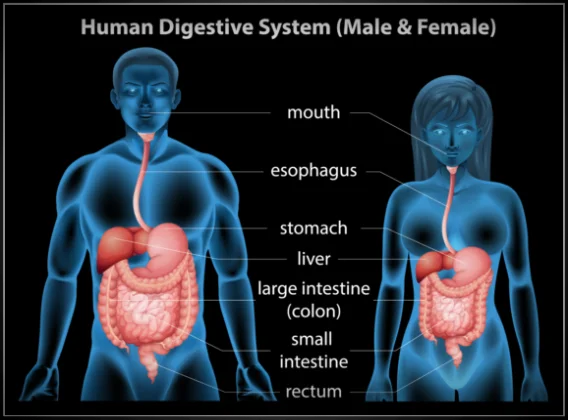
Acupuncture for joint pain
Some causes and effects
Lots of people experience joint pain, otherwise known as arthralgia, through damage caused by illness, injury or infection and this can interfere with their ability to move without restriction.
Many different health conditions can lead to inflamed and painful joints, such as osteo and rheumatoid arthritis, gout and fibromyalgia. Joint pain and stiffness can also be one unwelcome side effect of chemotherapy treatment and cancer medication.
Knee, elbow, shoulder, hip, finger and ankle joints are most often affected, which can make it hard to carry out everyday activities like walking, going up and down stairs, opening bottles and jars, putting on shoes and socks or combing their hair.
People with ongoing joint pain and stiffness often resort to taking pain medication, which may also have unwanted side effects.
The Chinese Medicine approach
Acupuncture is an ancient, holistic complementary therapy that aims to help the body return to balance and hence to better health and wellbeing.
A key concept of acupuncture is that a person’s Qi, or vital energy flows around the body through a number of different channels. When that Qi flows freely, there is no pain and when it does not for any reason, the outcome is pain.
Following a thorough diagnostic process, treatment is tailored to each person’s needs. Ultra-fine, sterile, one-time use needles are inserted gently into specific acupuncture points along one or more of the body’s channels and left in place for 20 minutes, whilst the person relaxes.
Acupuncture may help to reduce joint pain, stiffness and inflammation, enabling the body to move more freely and supporting a recovery to better health. It works well as a stand-alone therapy, or alongside conventional medical treatments and physical therapies like osteopathy.
